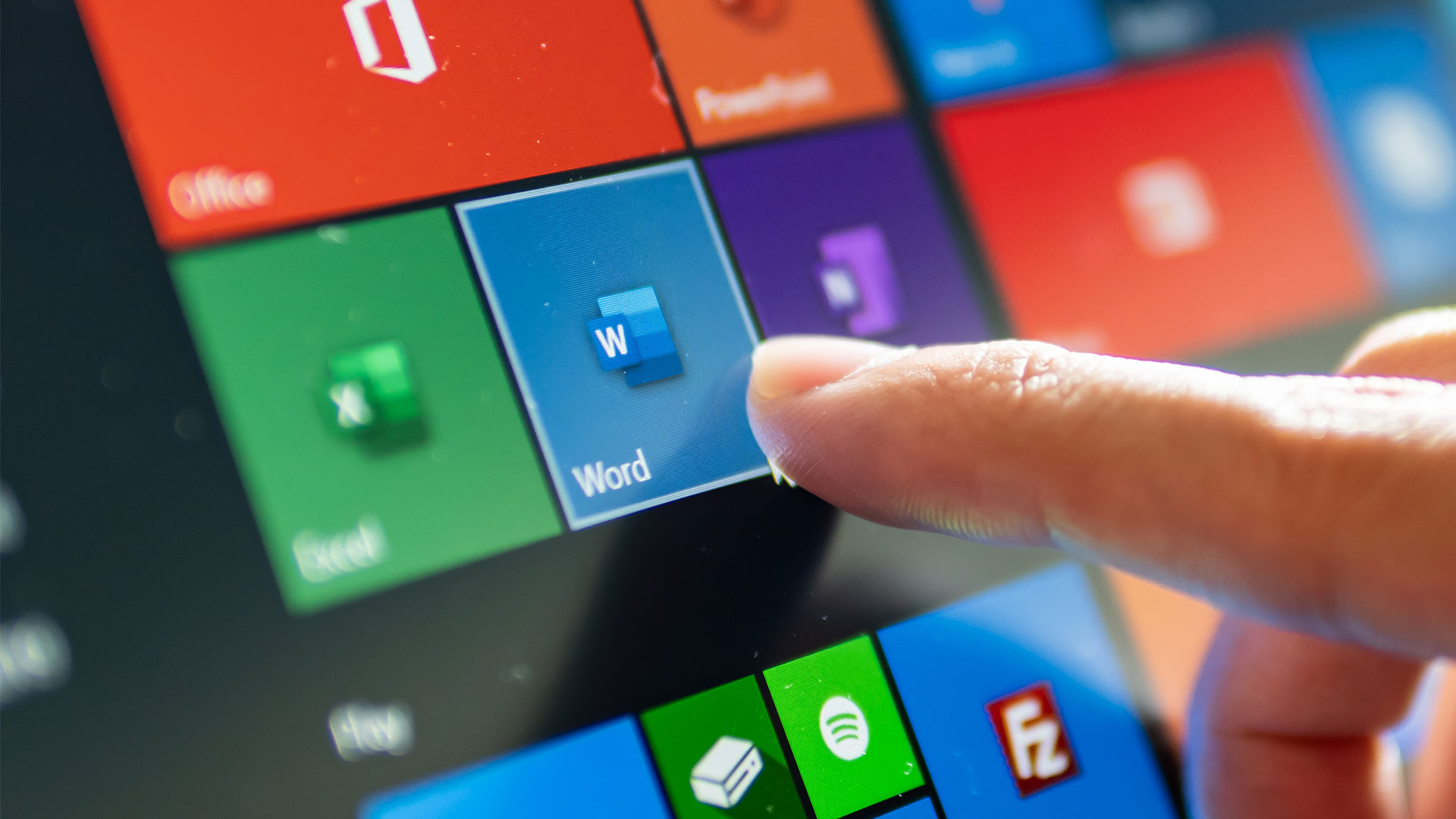None of the exploit modules do protect against generic exploits. They usually say something along the lines of monitoring "commonly" exploited venues (for example, PDF readers, media players, certain browsers, etc).
For example, I created a simple C++ service that takes a hostname over a TCP port and then pings it, but it has a trivial stack-based buffer overflow that allows an attacker to overwrite the command being executed from "ping" to something of their choice. WD, Emsisoft, and F-Secure don't see anything wrong. I can try additional exploit blockers but from a practical standpoint there is no reasonable way for a third party watchdog service to have byte-by-byte granularity into monitoring processes interactions like this unless you want to run your computer in a glacially slow VM with instruction-by-instruction replay capabilities. (Note that some expensive malware detonator appliances do stuff like this, but you're talking about taking hours to analyze the first minute of execution)
And if a binary was not compiled with hardening enabled at compile time, there's little that can be done at runtime to bolt on hardening without compromising binary compatibility of the program with itself.

